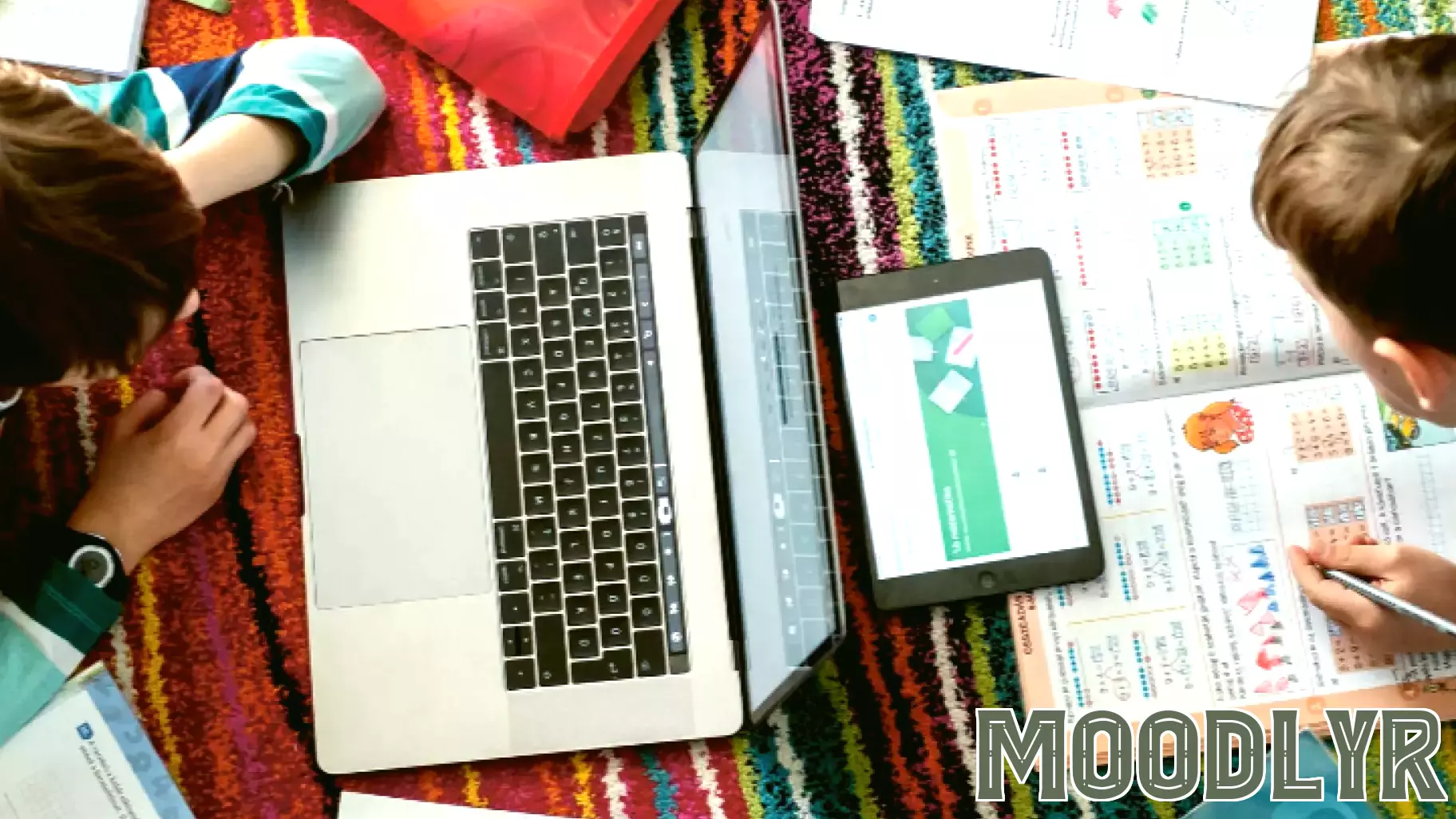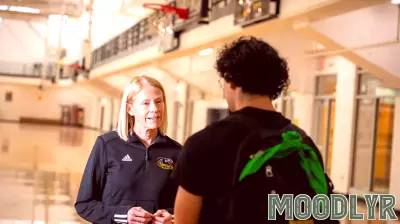Rethinking Educational Approaches: The Impact of Technology on Students
March 22, 2025 - 18:10

In recent discussions surrounding the influence of technology on students, a psychology expert emphasized the need for a shift in educational practices. The expert argues that the current system, which often relies on pressure, rewards, and punishments, may not be conducive to fostering a healthy learning environment. Instead, the focus should be on helping children develop empathy and understanding.
The expert highlighted the importance of teaching students that social media metrics, such as likes on Instagram, do not equate to real-world value. This perspective encourages children to reflect on their actions and consider the feelings of others, particularly in a digital age where online interactions can often lead to bullying or exclusion.
By fostering an environment where students learn to appreciate genuine connections over superficial validation, educators can help mitigate the negative effects of technology addiction. Ultimately, the goal is to cultivate a generation that values kindness and authenticity, both online and offline.
MORE NEWS

February 21, 2026 - 02:30
Home Really Is Where the Heart IsThe age-old saying `home is where the heart is` is more than just a sentimental phrase; it is a neurological reality. New research suggests that the profound feeling of home is an idea we...

February 20, 2026 - 05:37
Racist Attitudes Linked To Future Psychological Distress – But Could Both Be Fueled By Something Else?A new research study is challenging the straightforward assumption that holding racist views directly causes future mental health problems. While confirming a link between prejudiced attitudes and...

February 19, 2026 - 04:05
UWM Professor Uses Sport Psychology Research to Solve Real-World ProblemsProfessor Barbara Meyer possesses a uniquely analytical lens that she applies to nearly every situation. Whether she`s guiding Olympic athletes, consulting with a university soccer team, or simply...

February 18, 2026 - 03:25
Why couldn't Ilia Malinin handle the pressure? Sports psychologists offer their thoughtsThe recent performances of top athletes have reignited a crucial conversation within the world of elite sports: the immense psychological burden of competition. While the spotlight often falls on a...